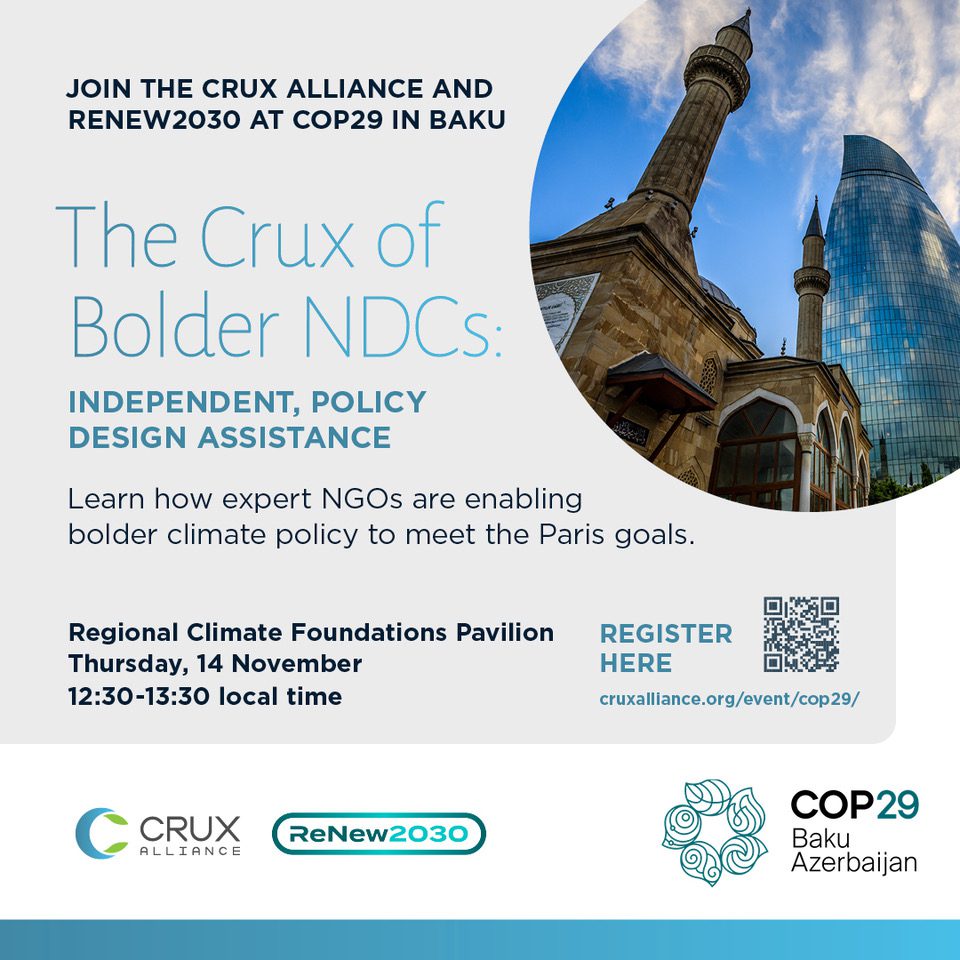Never miss an update! Subscribe here.
A note on the U.S. election outcome from Joe Ryan, Crux Alliance Executive Director
“The results of the U.S. presidential election are no doubt a setback to U.S. climate leadership. I know many of you share my concern for how both climate progress at home and momentum abroad will be impacted over the coming four years. However, we know the global clean energy transition is largely unstoppable at this point—clean energy spending now surpasses fossil fuel spending at a ratio of 2:1. Renewables are the cheapest form of electricity. And the world’s commitment to the Paris Agreement has withstood myriad threats in the past. No matter the actions of any one country, the path remains the same, because it is the right thing for humanity and the planet. The members of the Crux Alliance remain steadfast in our efforts to solve the climate crisis, and are making tremendous progress in the more than 20 countries that make up roughly 80 percent of global emissions. We are seeing the very real effects of good policy supported by the Alliance and the ecosystem of advocates and experts around the world: the last coal plant has closed in the birthplace of the industrial revolution, emissions in the EU have fallen 37 percent below 1990 levels, China met its renewables goal six years early, and last year saw an 18 percent increase in global clean energy jobs—the highest ever. Our Alliance is laser-focused on what must be done to secure a safe and equitable climate future. We forge ahead.”
URBAN MOBILITY

In Brazil, ITDP partners with national government to assess state of public transport regulation
With the aim of advancing Brazil’s National Urban Mobility Strategy, ITDP Brazil worked with Brazil’s Ministry of Cities to assess the state of public bus transport across 21 metropolitan regions. These regions represent 42 percent of the country’s population and 54 percent of the urban bus fleets in operation nationwide. The resulting study, Inputs for the National Urban Mobility Strategy, identifies key challenges and areas for regulatory improvement. The assessment points to 42 percent of systems currently operating under precarious permits or authorizations, which affects both service quality and long-term operations. In addition, 41 percent of the contracts analyzed were not made publicly available, highlighting a key lack of transparency. ITDP recommends federal, state, and city officials coordinate to formalize and improve transport contracts, provide transparency, and encourage the adoption of cohesive regulatory practices. These actions are critical to ensuring a sustainable, equitable, and reliable public transport landscape that serves all Brazilians.
VEHICLES AND FUEL
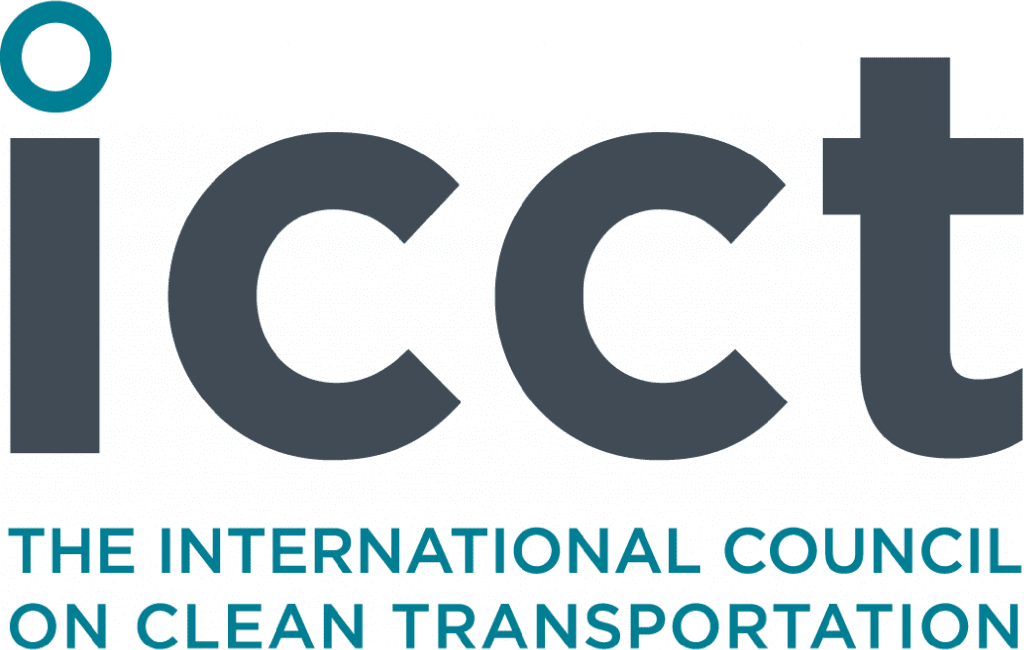
Real-world use cases for zero-emission buses: Operations, charging, and maintenance in Chinese cities
China has become the largest global market and manufacturer of electric buses: In 2022, China sold over 100,000 electric buses, with electric buses accounting for 97 percent of all bus sales. In a new study, ICCT researchers analyze fleet operations in eight cities in China and assess the challenges faced in recent years.
The ICCT’s analysis points to several policy considerations, including how:
- additional environmental conditions in testing procedures could provide more accurate energy consumption estimates for e-buses;
- funding challenges related to battery replacement could present opportunities for government engagement; and
- warranty requirements could be reviewed and updated to reduce the maintenance costs of local e-bus fleets.
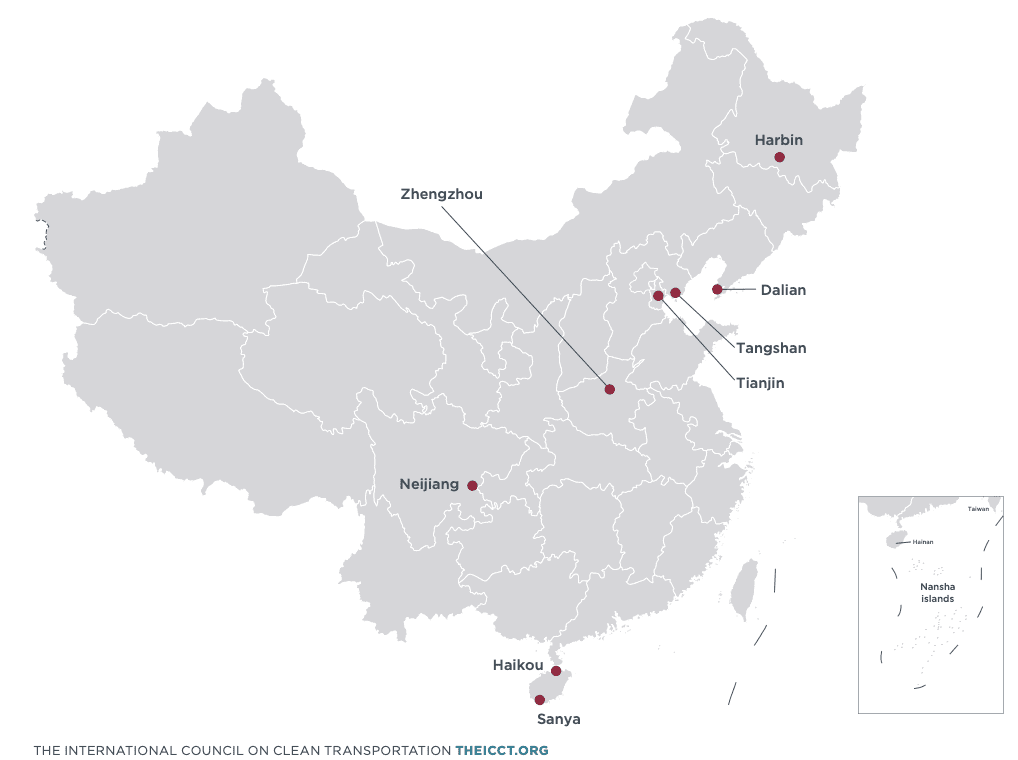
APPLIANCES

Paving the way to COP30: CLASP promotes appliance efficiency in Brazil
In October, CLASP participated in the 15th Clean Energy Ministerial meeting in Foz do Iguaçu, Brazil, home to the world’s largest hydroelectric plant. As reported by O Globo, a major Brazilian media outlet, CLASP highlighted the pivotal role of appliance efficiency in the global net-zero transition. CLASP also used the opportunity to showcase solutions from its flagship publication, Net Zero Heroes: Scaling Energy Efficient Appliances for Climate Change Mitigation, Adaptation & Resilience, and promote the Net Zero Appliances NDC Toolkit, which helps governments incorporate appliance efficiency targets into their national climate commitments due next year. With Brazil set to host the highly anticipated COP30 meetings, CLASP is working closely with local policymakers and partners to bolster Brazil’s standing as a global climate leader and spotlight energy-efficient appliances as a critical, actionable, and cost-effective mitigation and adaptation solution.
POWER

RAP analysis supports heat pump flexibility in Poland
Growing heat pump adoption could add stress to electrical systems, but it doesn’t need to. Integrating flexible heat pump operations through tariff designs can reduce power consumption during times of peak electricity demand. To support Poland’s rapid adoption of heat pumps, the Regulatory Assistance Project (RAP) collaborated with Poland’s Ministries of Climate and Environment and Development and Technology and with the Head of the Energy Regulatory Office to analyze electricity tariff structures that promote flexible heat pump operations. The results showed that dynamic tariffs (lower rates when demand is low and higher rates when demand is high) are the most conducive and affordable mechanism for household heat pump flexibility. This mechanism can vastly improve heat pump adoption—a key technology for lowering global emissions from heating—across Poland and Europe. RAP shared its findings during the first-ever Global Heat Pump Day on October 21, and will conduct additional public outreach to build awareness about the importance of dynamic tariffs on household heat pump flexibility.

GreenCape fosters local clean energy solutions in South Africa
Through a program focused on inclusive off-grid initiatives, GreenCape—in partnership with international funders, Community Organisation Resource Centre, and Peco Power—has delivered innovative energy solutions to Nomzamo, South Africa. The Nomzamo Agri Village project equipped 300 households with solar-powered power bricks (portable devices that provide electricity for small-scale use) for indoor and outdoor lighting. Beyond energy access, this project supports a just energy transition by creating jobs, training 30 part-time data collectors, and hiring six full-time “PECO Champions” as installers and salespeople. GreenCape, a member of the International Network of Energy Transition Think Tanks hosted by Agora Energiewende, shapes policy and finance environments that promote sustainable urban growth, economic empowerment, and a low-carbon future for all.
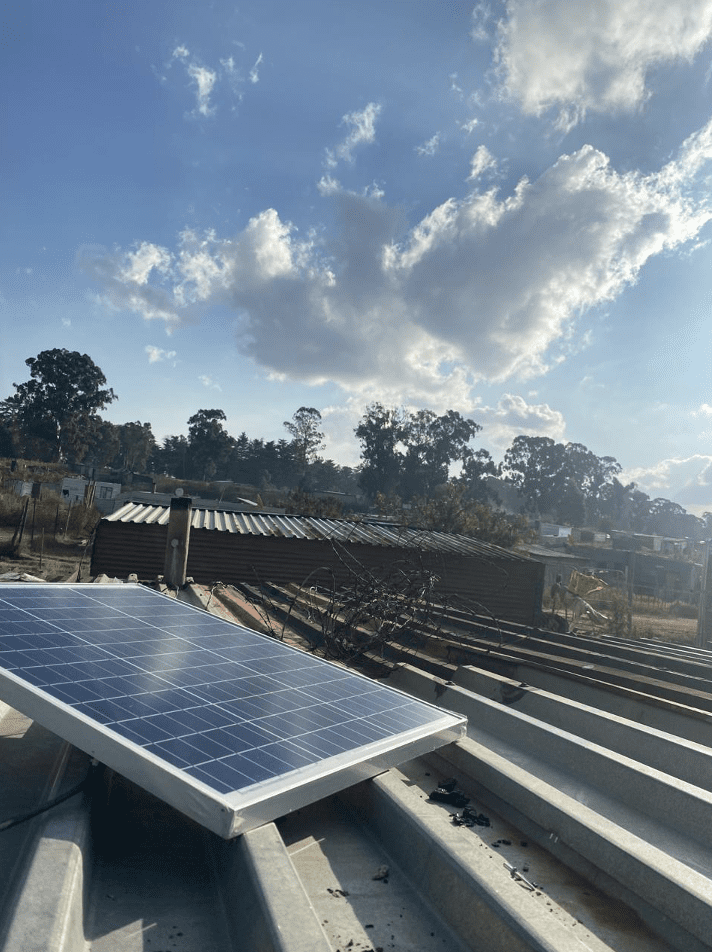
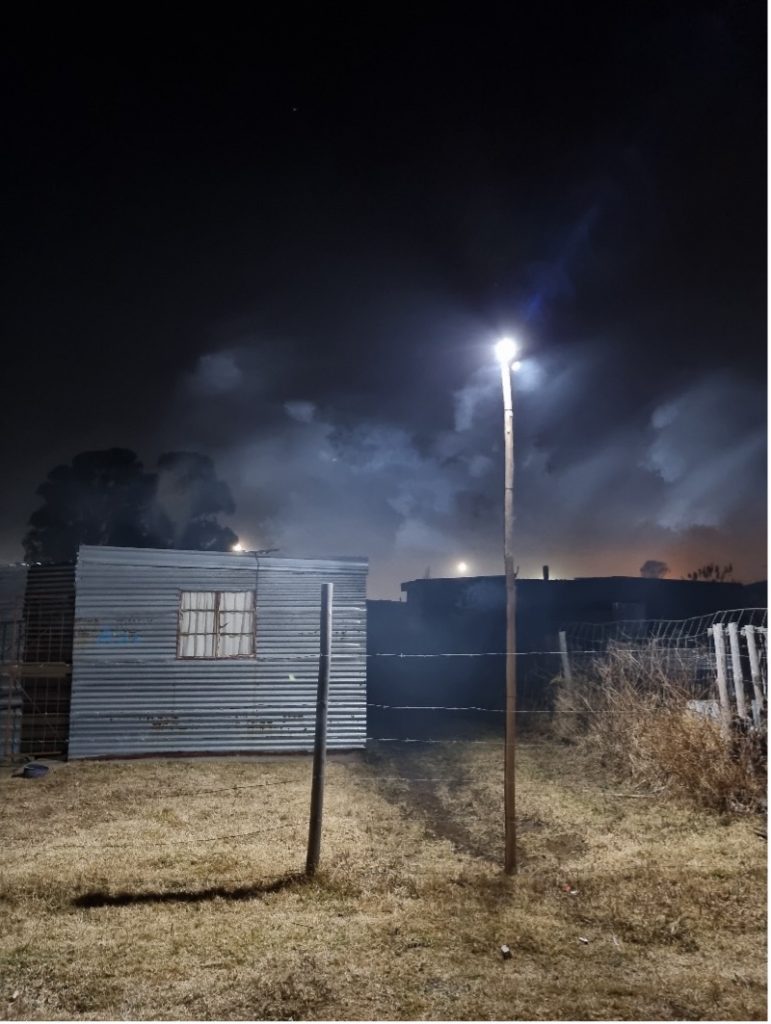
INDUSTRY

Agora Industry report shows North-South partnerships can give new energy to industry
A new report from Agora Industry shows how North-South partnerships can help accelerate the reduction of GHG emissions from industry. Global South countries with high renewable energy potential, such as Brazil and South Africa, have the opportunity to become leaders in green material production for industries such as steel and chemicals. By partnering with these nations, Global North countries can access climate-friendly basic materials made with renewable hydrogen at lower cost than if they were produced domestically, while still retaining the vast majority of existing jobs, diversifying procurement, and increasing their strategic autonomy. Through local processing of raw materials, Global South countries can likewise diversify their economy, increasing economic stability and growth. Given that steel and chemicals together account for almost 9 percent of worldwide CO2 emissions, such partnerships have the potential to significantly cut emissions globally and constitute a prime “no regrets” use of renewable hydrogen.
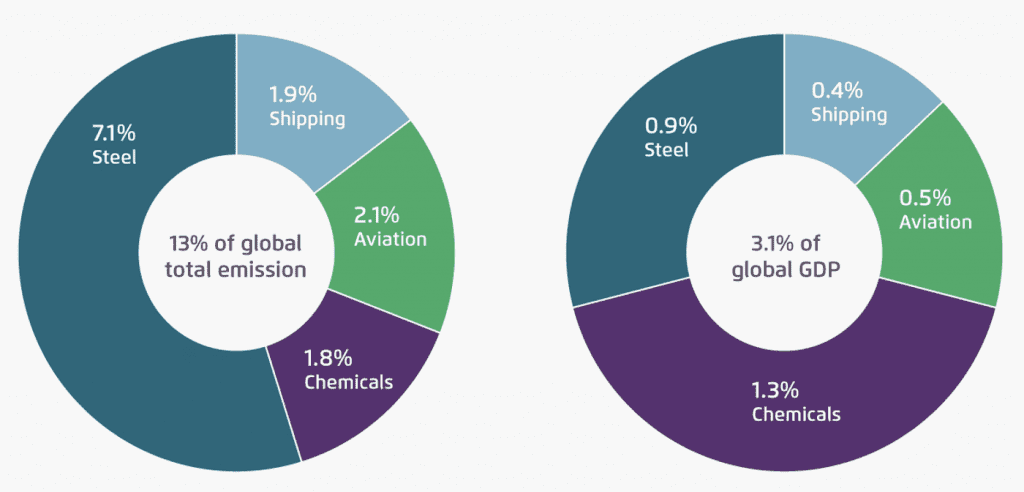
BUILDINGS

Indonesia launches National Roadmap for Green Building Implementation
In a landmark effort to transform its cities and lead the charge in sustainability, Indonesia’s Ministry of Public Works and Housing, supported by GBPN, unveiled the National Roadmap for Green Building Implementation at an event in Yogyakarta. The roadmap, designed to guide the country’s transition to energy-efficient and low-carbon buildings, marks a significant collaboration between multiple key government bodies. The National Roadmap for Green Building Implementation outlines clear guidelines and performance metrics aimed at reducing energy consumption and emissions in new and existing buildings and would contribute to avoiding 125 MtCO2 by 2030. It also addresses the role of local governments in enforcing green building regulations and provides a blueprint for how all key stakeholders of the private sector can contribute to this national effort. By enabling coordination between the Ministry of Public Works and Housing, the Ministry of Energy and Mineral Resources, and the Ministry of Home Affairs, GBPN has ensured that the roadmap is not just a policy document, but a practical, actionable guide that will be implemented across Indonesia’s cities and regions.
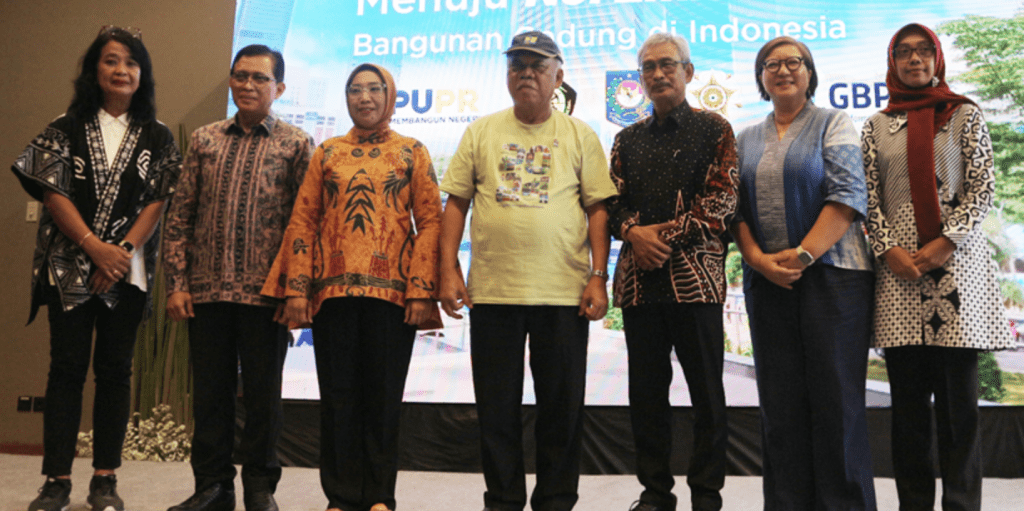
The Crux Alliance at COP29
The Crux Alliance and ReNew2030 are co-hosting a panel discussion, “The Crux of Bolder NDCs: Independent Policy Design Assistance,” on 14 November at the Regional Climate Foundations Pavilion at COP29 in Baku. Experts from our collective network will share how they’re working to unlock more ambitious nationally determined contributions with unbiased, data-based, policy design assistance, and what countries must do to secure a safe and just climate future. You can RSVP to this event and view the full line-up of Crux Alliance events at COP29 by clicking on this link.
